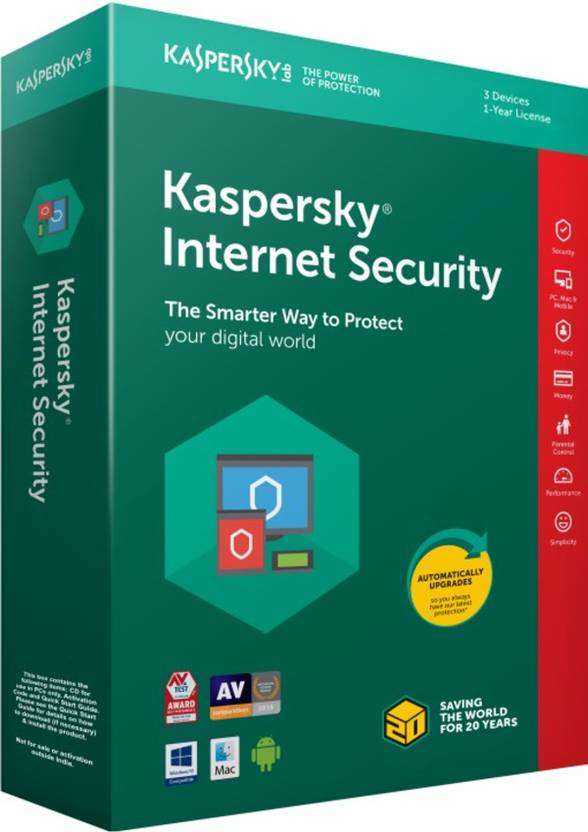Best Internet Security Software 2018 For Mac

Security software isn't just about protecting your PC; it's about protecting all the personal information you store on your laptop or transmit over the Internet. An antivirus app is a good place to start, but most security suites come with a whole toolbox of options for fighting a variety of threats. Here's what you need to know to choose the best security software for Windows or Mac.
Top 10 Best Internet Security Software 2019 Compare best antivirus software with built-in internet security Internet Security, or lack of, is one of the major reasons why a lot of people hesitate to use their PC for certain tasks, especially ones that involve card transactions.
It might be worth paying for security apps Free antivirus apps and VPNs can be very effective and may have all the horsepower you need. However, the software developers have to make money somehow -- your free app may come with ads, for example, or you may be nagged to upgrade to the paid version.
 Beyond nuisance, though, some apps may actually create privacy issues instead of solving them. Check an app's policies and reviews before you download it. We recommend Avira, a free antivirus suite with a relatively laid-back sales pitch. At the other end of the privacy spectrum, Hola VPN is a cautionary tale. A VPN (virtual private network) gives you encrypted access to the Internet. The VPN connects you to a VPN server in a country of your choice, which then connects to your online destination in a way that makes it look like your computer is located in that country. This is handy for accessing websites and content that are regionally blocked.
Beyond nuisance, though, some apps may actually create privacy issues instead of solving them. Check an app's policies and reviews before you download it. We recommend Avira, a free antivirus suite with a relatively laid-back sales pitch. At the other end of the privacy spectrum, Hola VPN is a cautionary tale. A VPN (virtual private network) gives you encrypted access to the Internet. The VPN connects you to a VPN server in a country of your choice, which then connects to your online destination in a way that makes it look like your computer is located in that country. This is handy for accessing websites and content that are regionally blocked.
In June of 2015, researchers alleged that the free version of Hola VPN was selling its users' bandwidth to premium users, essentially making free users the VPN server for paying customers. This is a problem because the free user has no control over what other users did with that bandwidth, including whether they were engaging in illegal activity. Thankfully, this kind of scenario appears to be an extreme example. However, you may deal with companies that want to sell your user data to cover their costs. As a result, it's a good idea to check the EULA (end-user license agreement) during installation for vague language about how they handle your privacy, and to make sure that there are no pre-checked boxes that enable unwanted tracking or the installation of additional software.
Figuring out what makes a good security app 'User experience' covers a lot of things. First, if it's a paid antivirus program, how many users are covered by a single license or subscription, and does this include a mobile version? Second, sometimes an antimalware suite throws in a lot of extra utilities to give the impression that you're getting a lot of bang for your buck, like a file shredder and junk file deleter; don't be tricked into paying a premium for tools that you can get for free or that may be built into the operating system. Third, how easy is the program to use? Let's say you want your antivirus program to do an automatic system scan every Tuesday at 3AM. How easy is it to find that setting, set the schedule, and confirm that your changes have been saved? How many clicks does it take?
If you get lost along the way, what tools does the interface use to get you back on track? If you want to know more about a particular technical term, is the tool for that informative and actually specific? If you're using a free antivirus program, how aggressively does the interface try to make you upgrade to the paid version? No matter what questions you feel are important, it can be a helpful exercise to write down your own list of needs, and a list of behaviors that would make the program a non-starter.
Passwords are a pain. Good ones are hard to remember, so you have to write them down on something that could be lost, damaged, or stolen, or you use mental tricks that other people could figure out.
- суббота 22 декабря
- 52